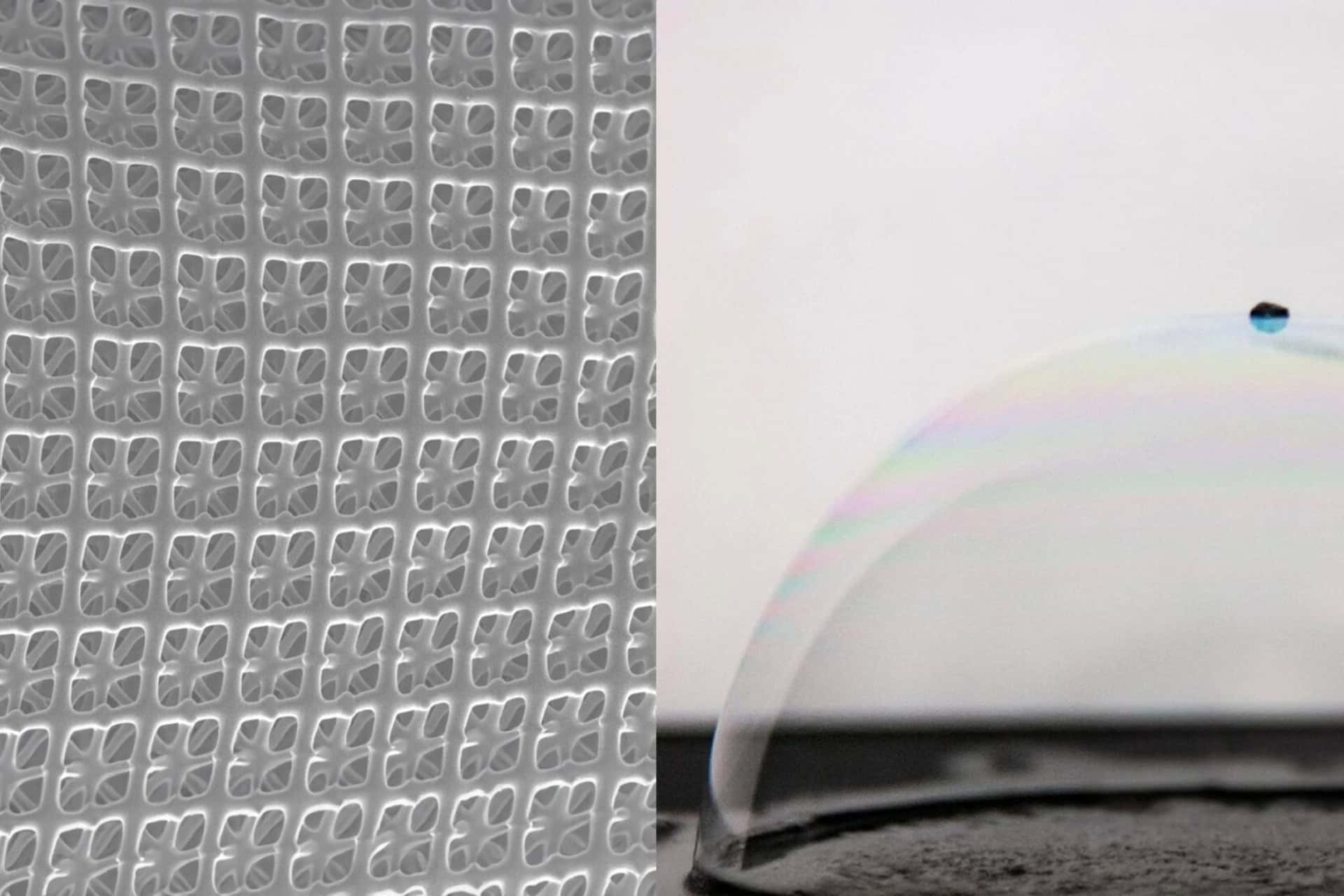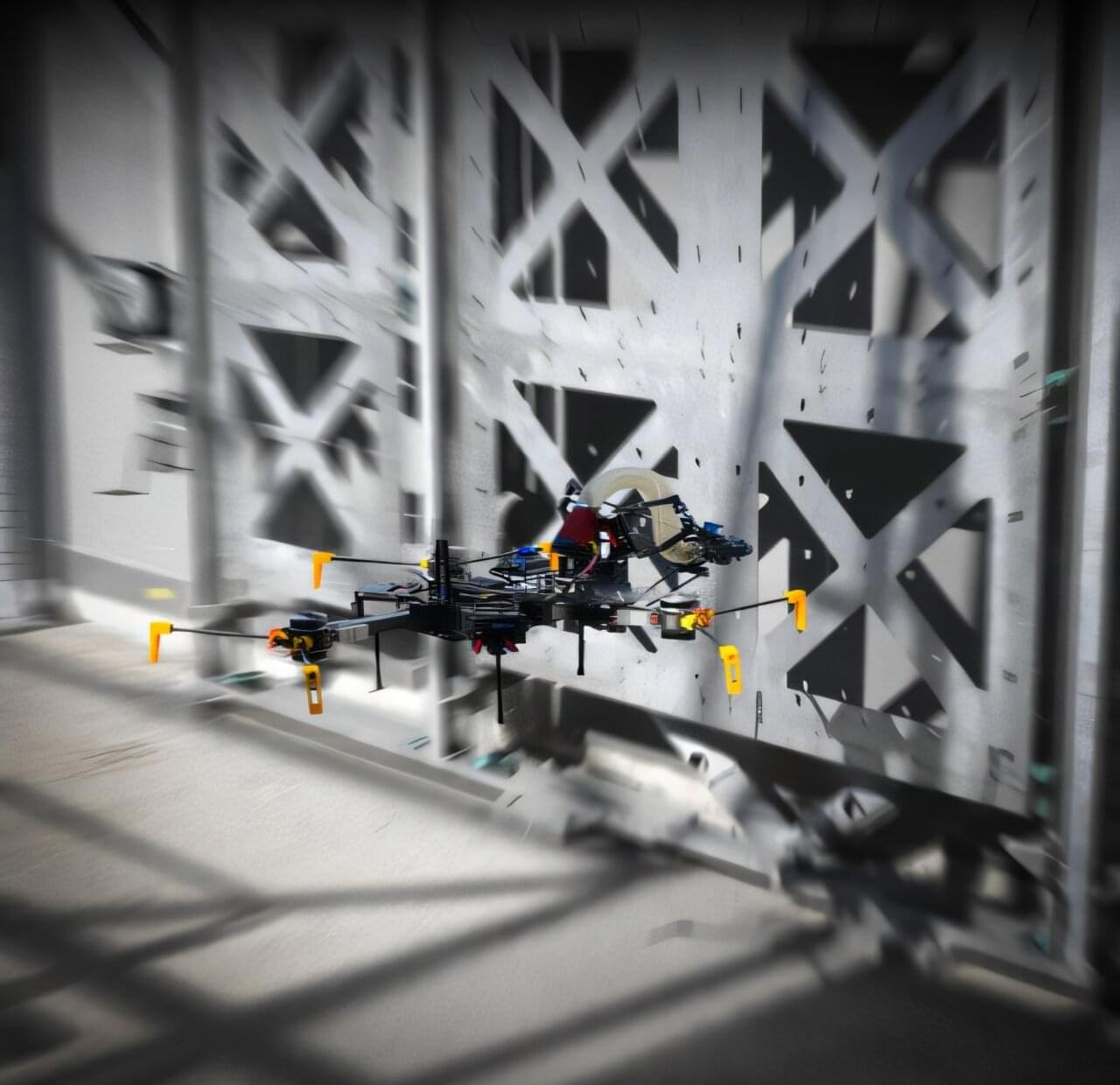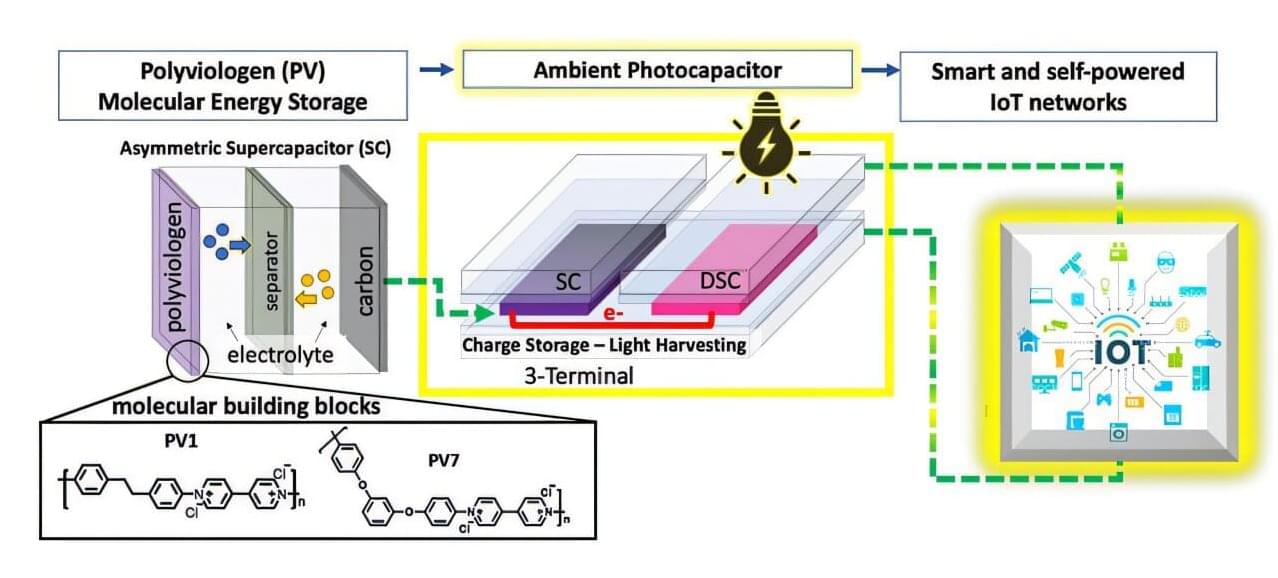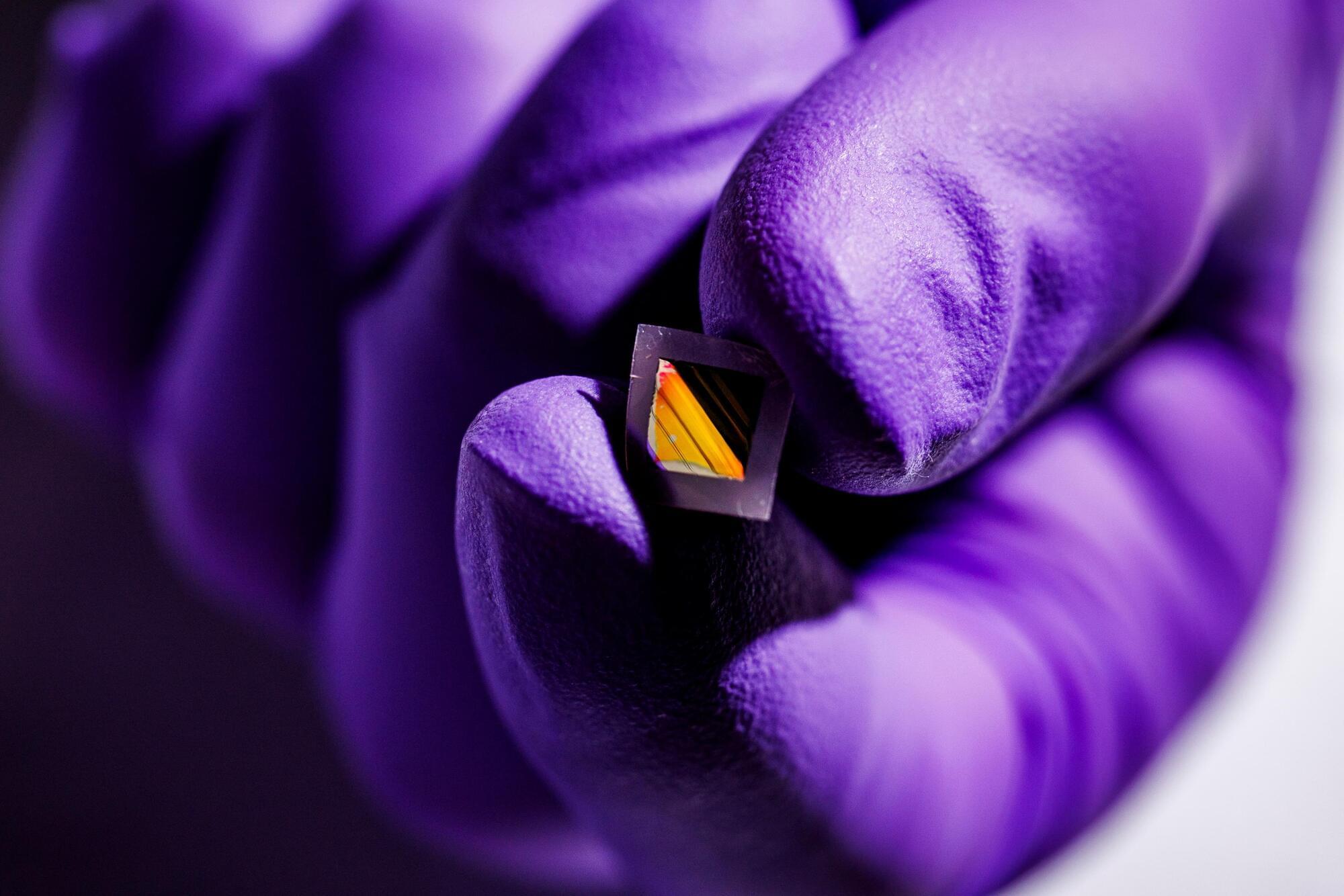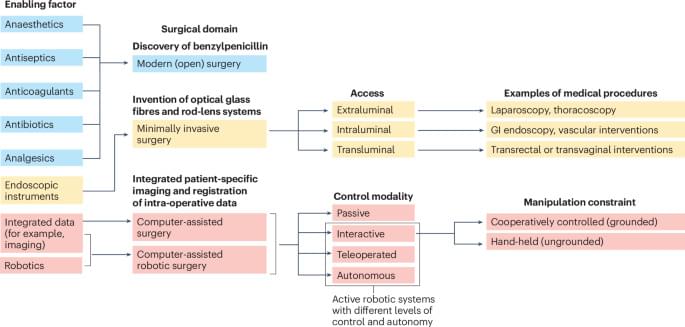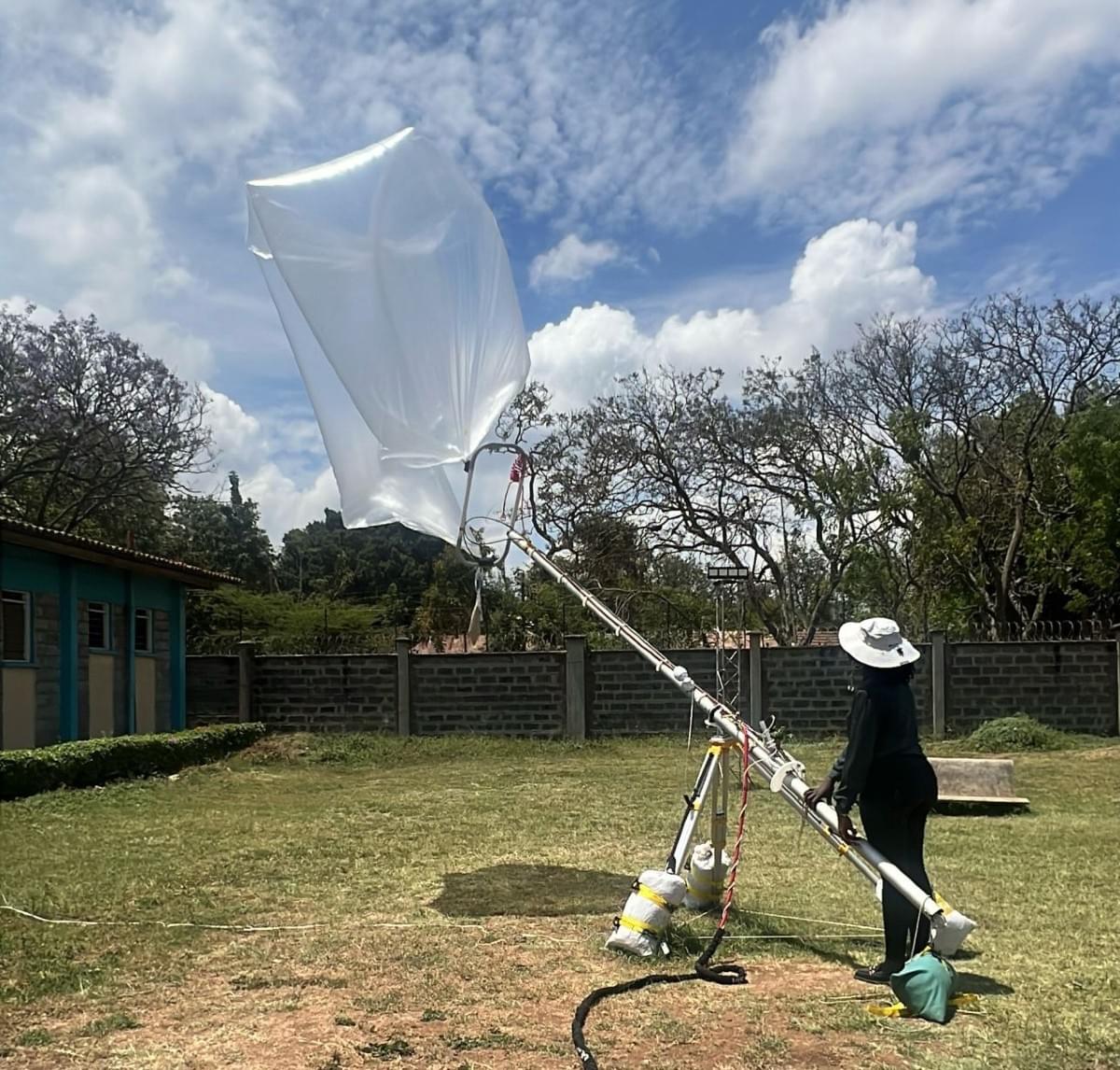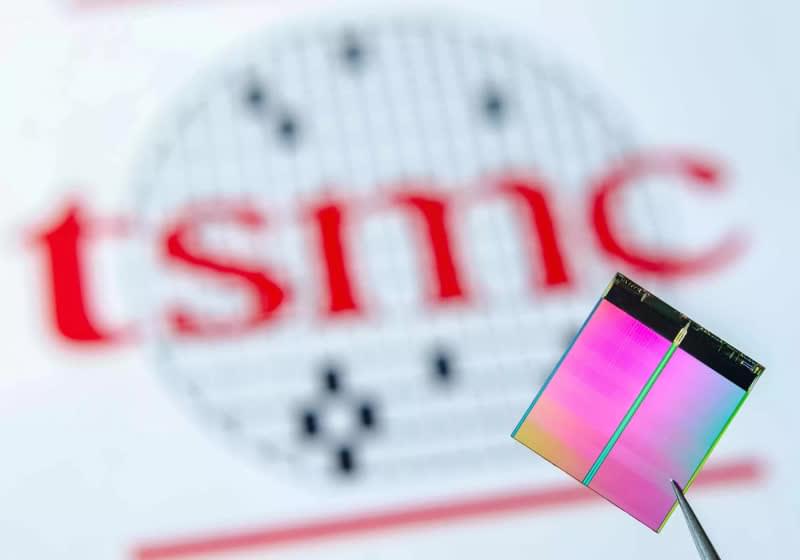Today, we’re diving into how the 2004 reboot of Battlestar Galactica didn’t just serve up emotionally broken pilots and sexy robots—it predicted our entire streaming surveillance nightmare. From Cylons with download-ready consciousness to humans drowning in misinformation, BSG basically handed us a roadmap to 2025… and we thanked it with fan theories and Funko Pops.
🔎 Surveillance culture? Check.
👤 Digital identity crises? Double check.
🤯 Manufactured realities? Oh, we’re way past that.
Turns out, the Cylons didn’t need to invade Earth. We became them—scrolling, uploading, and streaming our humanity away one click at a time.
So join me as we break it all down and honor the sci-fi series that turned out to be way more documentary than dystopia.
👉 Hit like, share with your fellow glitchy humans, and check out egotasticfuntime.com before the algorithm decides fun is obsolete!
#BattlestarGalactica.

